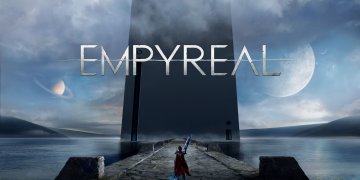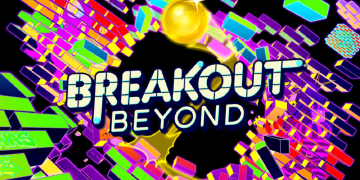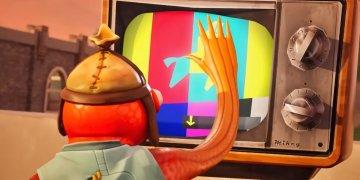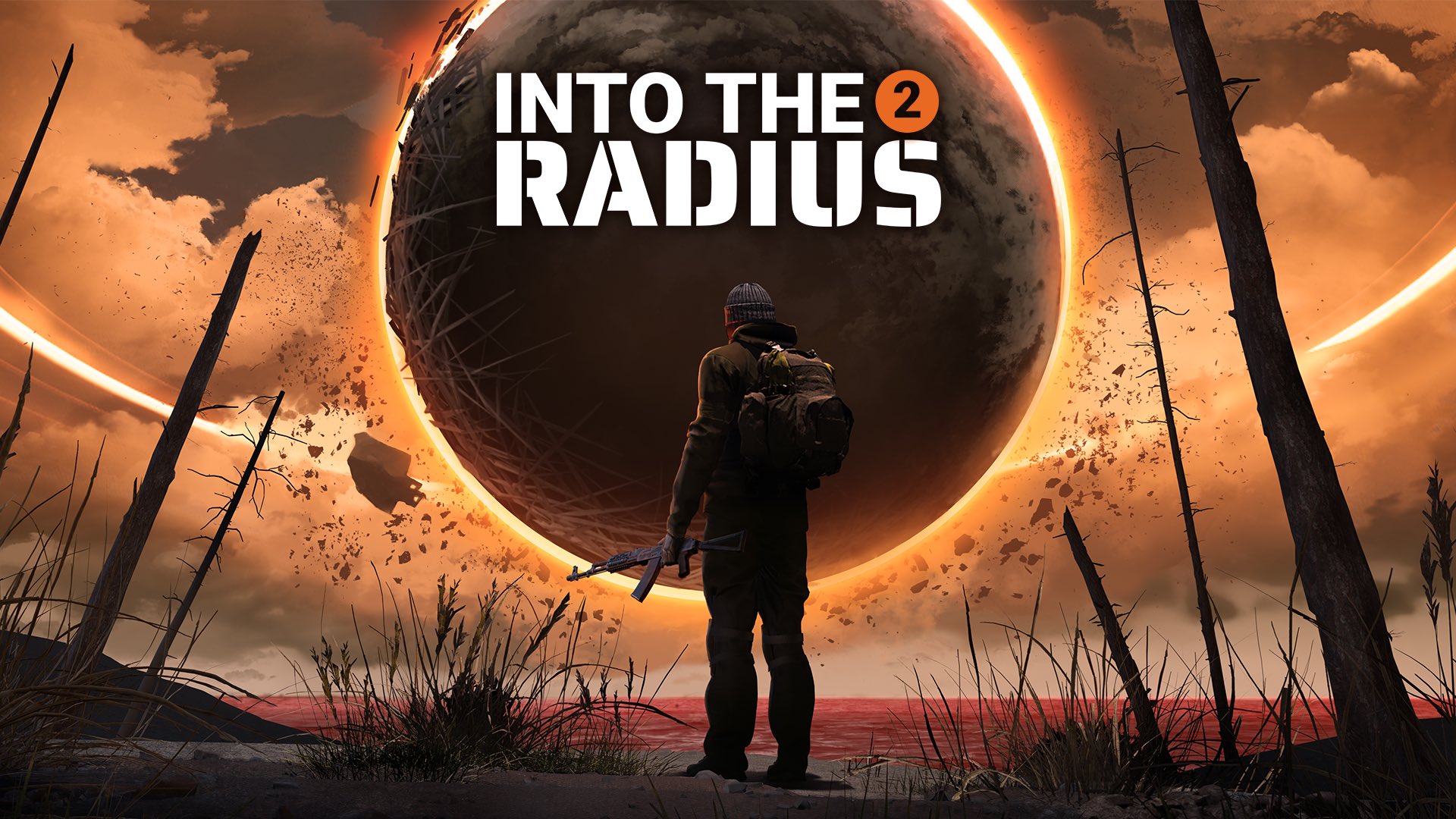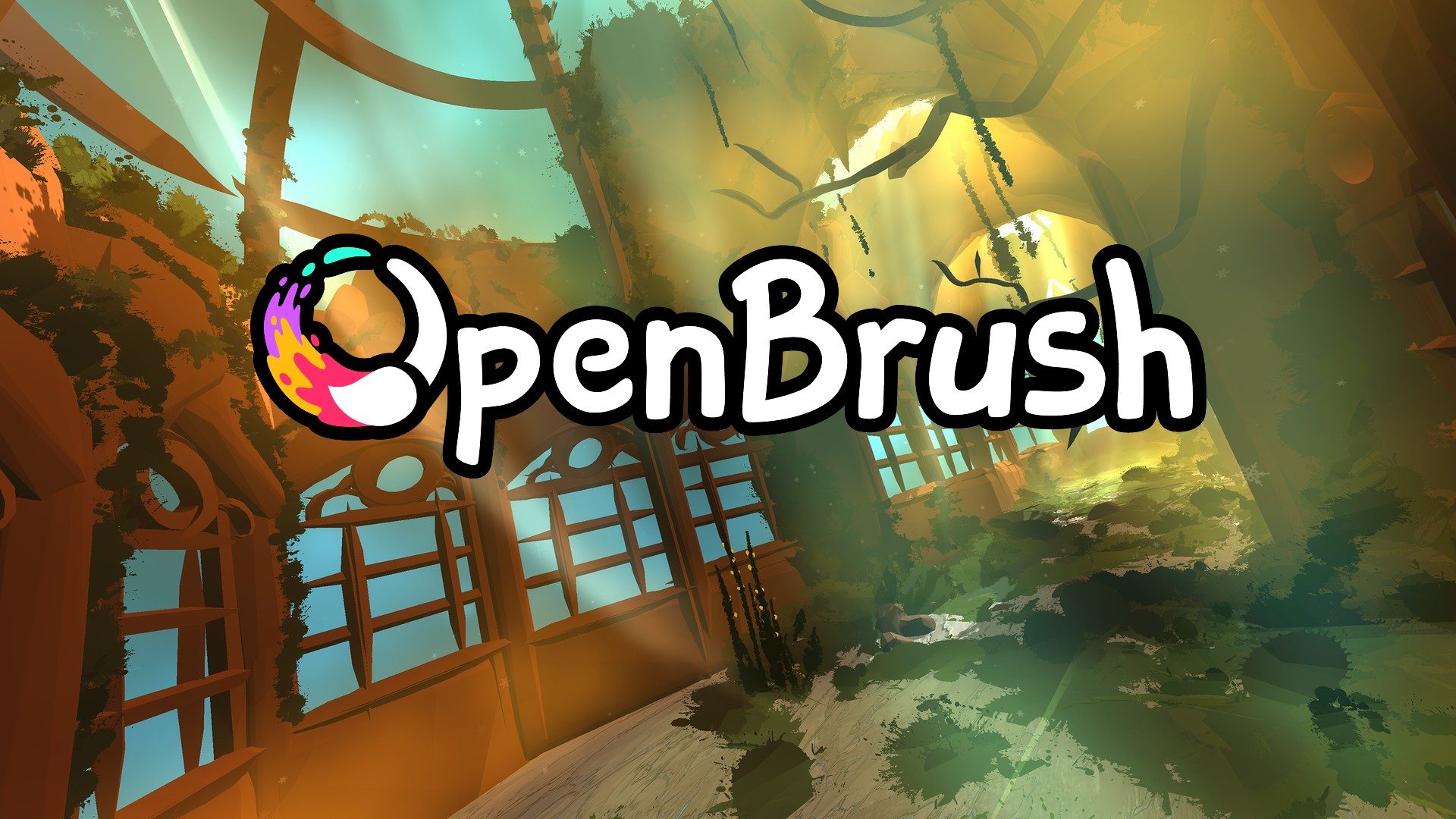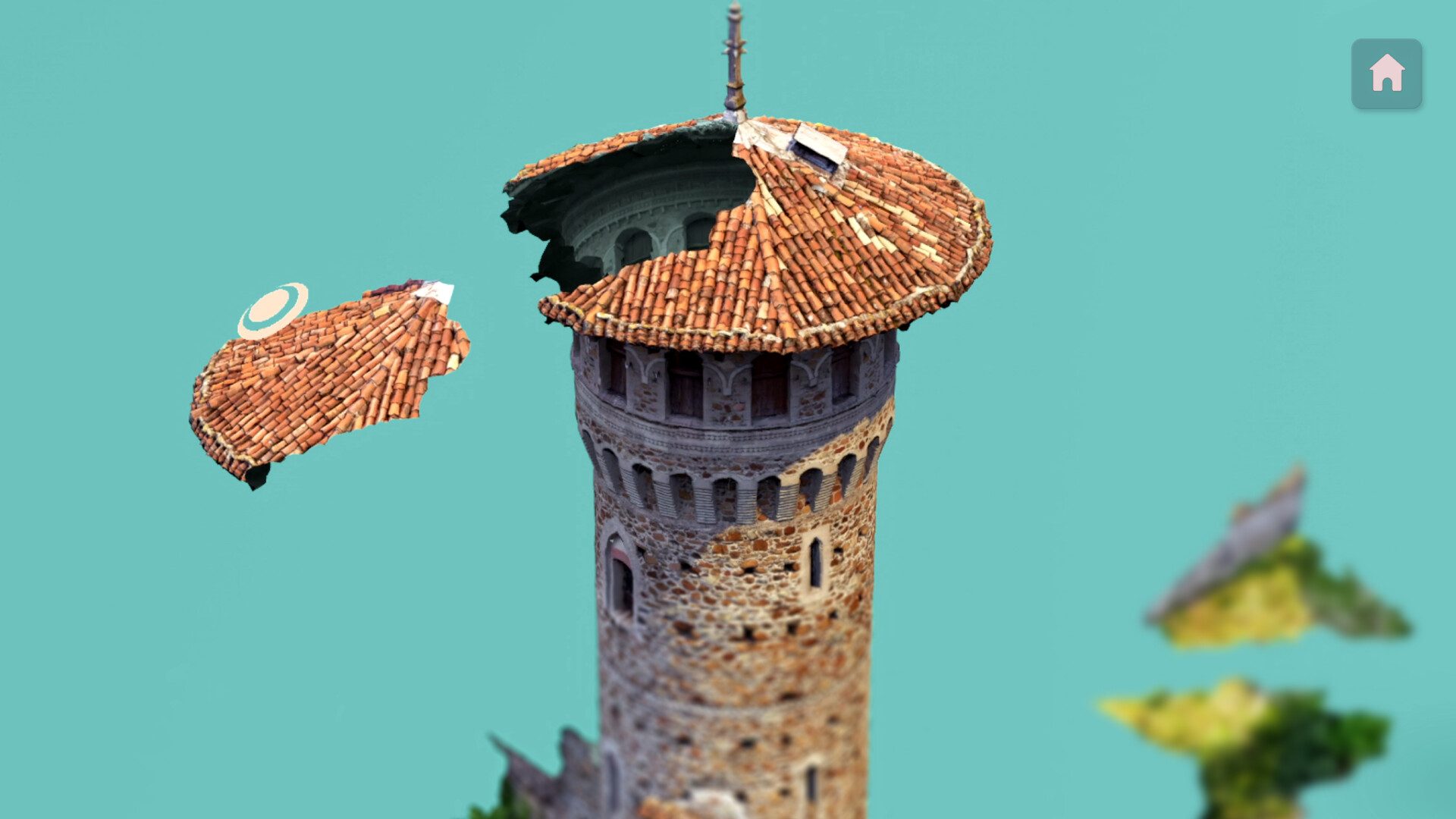Lies of P has captured the attention of gamers with its Soulslike mechanics intertwined with a unique Pinocchio narrative set against a grim and dystopian backdrop. The game’s impressive reception largely stems from two crucial aspects: the hauntingly crafted atmosphere and the intriguing lying mechanic closely linked to our protagonist, P. Now, with both a sequel and downloadable content (DLC) underway, fans are buzzing with theories about potential shifts in the protagonist’s role.
The post-credits teaser of Lies of P hints at a character familiar to many—Dorothy from The Wizard of Oz—potentially taking center stage. This development raises significant curiosity about the future of the lying mechanic, intrinsically tied to P’s journey. Given that the game is titled Lies of P, there’s a narrative expectation that needs satisfying, whether that means adjusting the game’s very name or seamlessly aligning its story to resonate as strongly with the new focus.
An interesting aspect of Lies of P is how central the lying mechanic is. It was more than just a storytelling gimmick; it was integral to how players experienced the game. Choosing whether to lie or tell the truth influenced P’s humanity, relationships, and the overall trajectory of the narrative. This setup encouraged players to ponder the moral weight of their decisions.
Altering or removing this key mechanic in a sequel could fundamentally change the experience. If the sequel indeed features a new protagonist without the lying dynamic, it would necessitate introducing an equally engaging system to ensure the game’s thematic depth remains intact. Shifting to a new Wizard of Oz-inspired lead like Dorothy provides fresh ground to explore, expanding beyond traditional boundaries; however, it poses the challenge of maintaining coherence and player engagement. The sequel would need to vividly establish the motivations and challenges faced by any new character.
The shift in characters also brings up an intriguing point about the title—continuing to call the sequel Lies of P might not fit if Dorothy is at the helm, making a title like Lies of D potentially more apt.
Interestingly, there’s a debate on what the ‘P’ in Lies of P truly stands for. While it seems a nod to Pinocchio is evident, the choice to use just “P” might hint at deeper meanings, perhaps referring to “puppet” or even alluding to Paracelsus. The introduction of Dorothy might pertain to the DLC rather than directly affecting the sequel’s core storyline.
As both the sequel and DLC progress, exact details remain under wraps. However, the intriguing ambiguity present offers rich storytelling possibilities. Whether the sequel delves deeper into characters like Dorothy or P or other members of the Lies of P universe, it promises to enrich the series’ philosophical and emotional depths significantly.
Lies in this game aren’t solely about simple deception. They’re layered, encompassing self-deception, societal influences, and even existential uncertainty. If P indeed represents concepts like potential, the essence of being a puppet, or philosophical inquiry, these lies subtly point to the greater fabric of human existence—our moral shortcuts, societal norms, or self-narratives, for example.
Should the next installment introduce a new lead character, this broader interpretation could evolve, reflecting their distinct challenges. For Dorothy, for instance, the lies might symbolize the illusion of security or liberty in Oz’s wondrous yet restrictive landscape, even if the name doesn’t shift.
Lies of P is an enthralling adventure, blending the beloved tale of Pinocchio with a dark twist amidst the elegance of the Belle Époque era. You navigate the world as a puppet created by Geppetto, surrounded by deceptions, formidable beasts, and mistrustful figures, all threatening your existence. Guided by a mysterious voice, you make your way through Krat, a city plunged into chaos and madness. The gameplay demands adaptation, urging you to wield weapons against unspeakable horrors, uncover the clandestine truths of the elites, and decide whether honesty or deceit will forge your path to self-discovery.












![[Free Game Giveaway] Pets Hotel for PlayStation (NA/EU) [Free Game Giveaway] Pets Hotel for PlayStation (NA/EU)](https://www.xgamernews.com/wp-content/uploads/2025/05/Free-Game-Giveaway-Pets-Hotel-for-PlayStation-NAEU-360x180.jpg)
